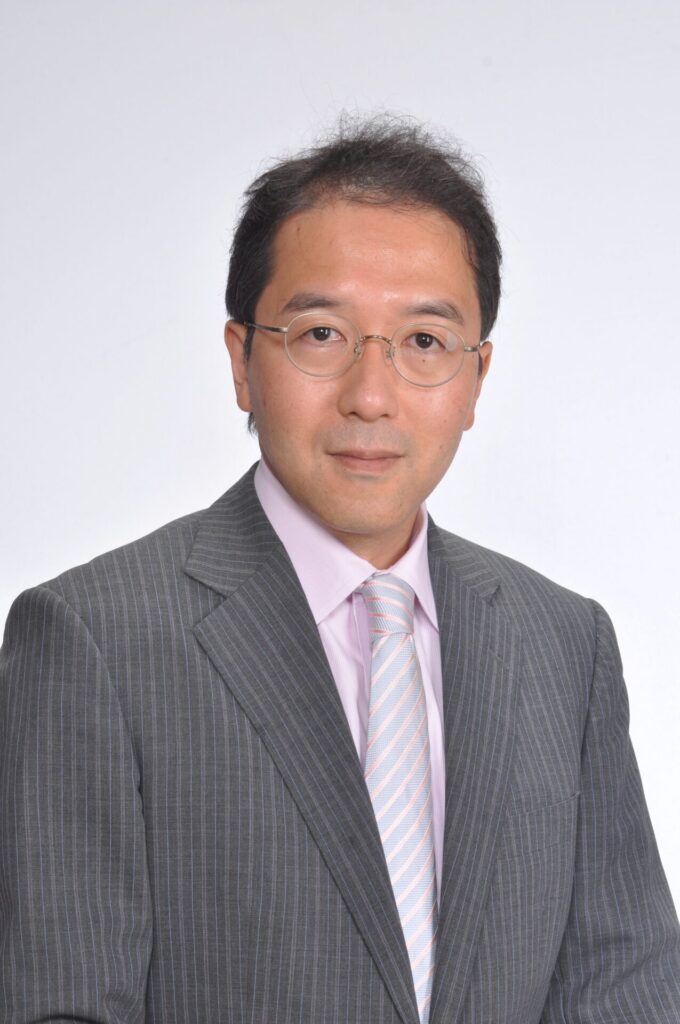
Director,
Hitotsubashi International Centre of Research and Training of Economic Measurement (Hi-CEM)
The official statistics in Japan have been operated under a decentralized system. While this system has numerous advantages, several difficulties have also been pointed out. One key issue is that statistical practitioners are engaged in statistical compilation work within individual ministries and agencies, making it difficult to cultivate statistical experts. Given the importance of official statistics, it is crucial to develop specialists responsible for building public statistics and to ensure the production of reliable statistics that are trusted by users both domestically and internationally.
The users of official statistics are not limited to domestic stakeholders. To ensure that official statistics are internationally comparable, quality
management is necessary for each country’s statistical system. International organizations such as the World Bank have developed various “statistical compilation guidelines” to ensure the quality of public statistics and have provided these guidelines to national statistical agencies. Therefore, statistical experts involved in official statistics must possess the capability to engage in discussions with experts from the World Bank and other international organizations and contribute to the development of such guidelines.
Looking at Asia, many countries are striving to improve and develop their official statistical systems as their economies grow rapidly. Given this environment, Japan, which has accumulated extensive knowledge through years of compiling official statistics, is expected to contribute to the enhancement of statistical infrastructure in Asian countries.
Hitotsubashi University has played a significant role in the development of statistics in Japan. In the early 20th century, Professor Kotaro Fujimoto introduced modern statistics to Japan and led the field of statistical research. The university has also made substantial contributions to the construction of official statistics. For example, professor Yuzo Morita, who served as Director-General of the Statistics Bureau, was involved in the development of Japan’s post-war Consumer Price Index, while professor Yoshimasa Kurabayashi, as Director of the United Nations Statistics Division, dedicated himself to the estimation of purchasing power parity. In recent years, the university has not only conducted joint research with scholars who have led the development of statistical compilation guidelines for the Consumer Price Index, national economic accounts, and real estate and construction price statistics at international organizations but has also collaborated with domestic practitioners and researchers involved in public statistics. These efforts include hosting international workshops and strengthening ties with various ministries and agencies.
Building on these achievements, Hitotsubashi University will establish the Hitotsubashi International Centre of Research and Training of Economic Measurement (Hi-CEM) in collaboration with institutions that bring together statistical experts, such as the Ministry of Internal Affairs and Communications, the Cabinet Office, the Statistical Research and Training Institute of the Ministry of Internal Affairs and Communications, and the Institute of Statistical Mathematics. This center will leverage existing networks to facilitate collaboration with international researchers in public statistics and strengthen ties with organizations such as the United Nations, the Organization for Economic Co-operation and Development (OECD), and the International Monetary Fund (IMF). Through hosting international research conferences and providing various training opportunities, the center aims to serve as a hub for research and training in official statistics, ultimately enhancing the quality of public statistics in Japan and across Asia.

